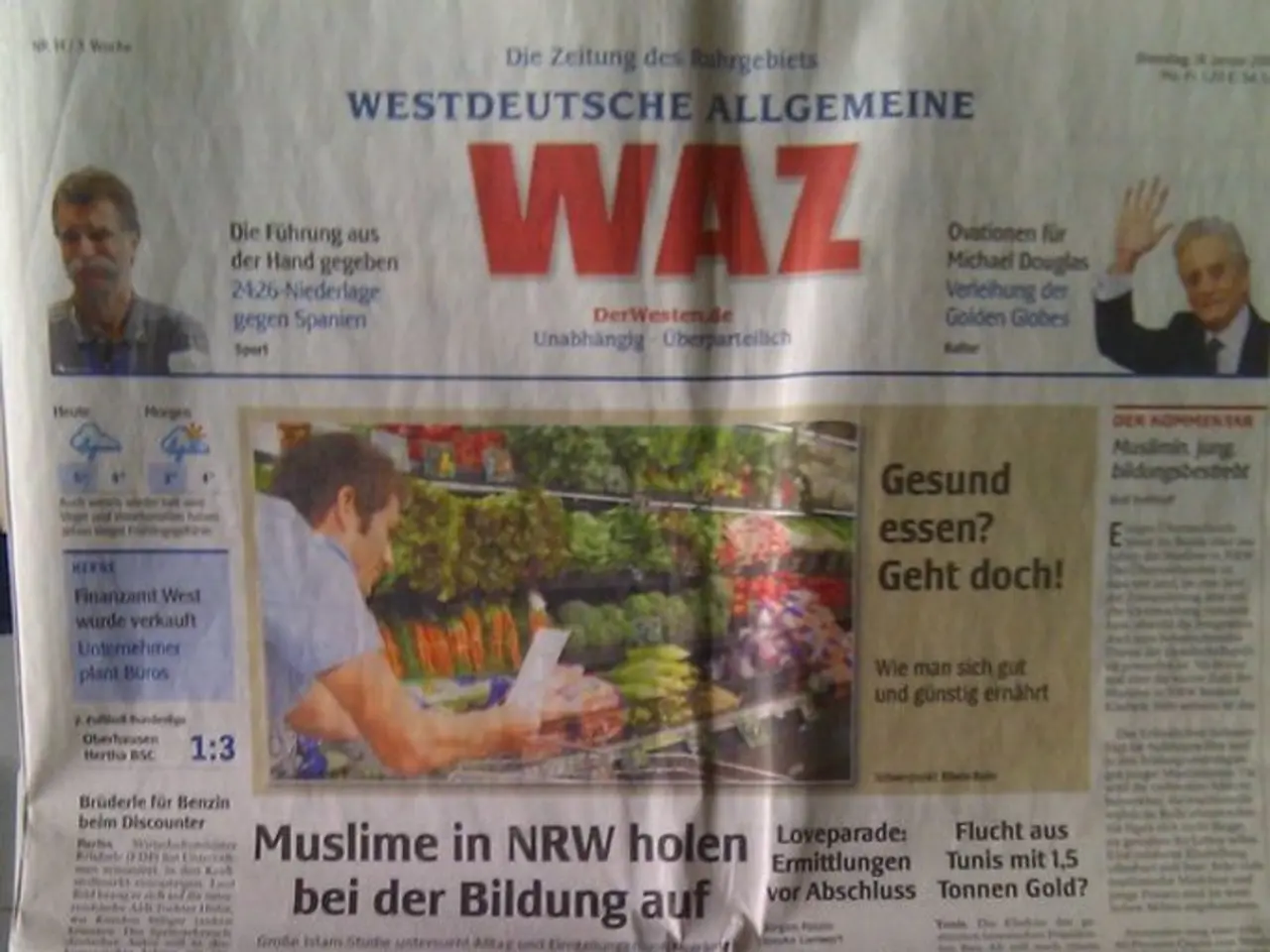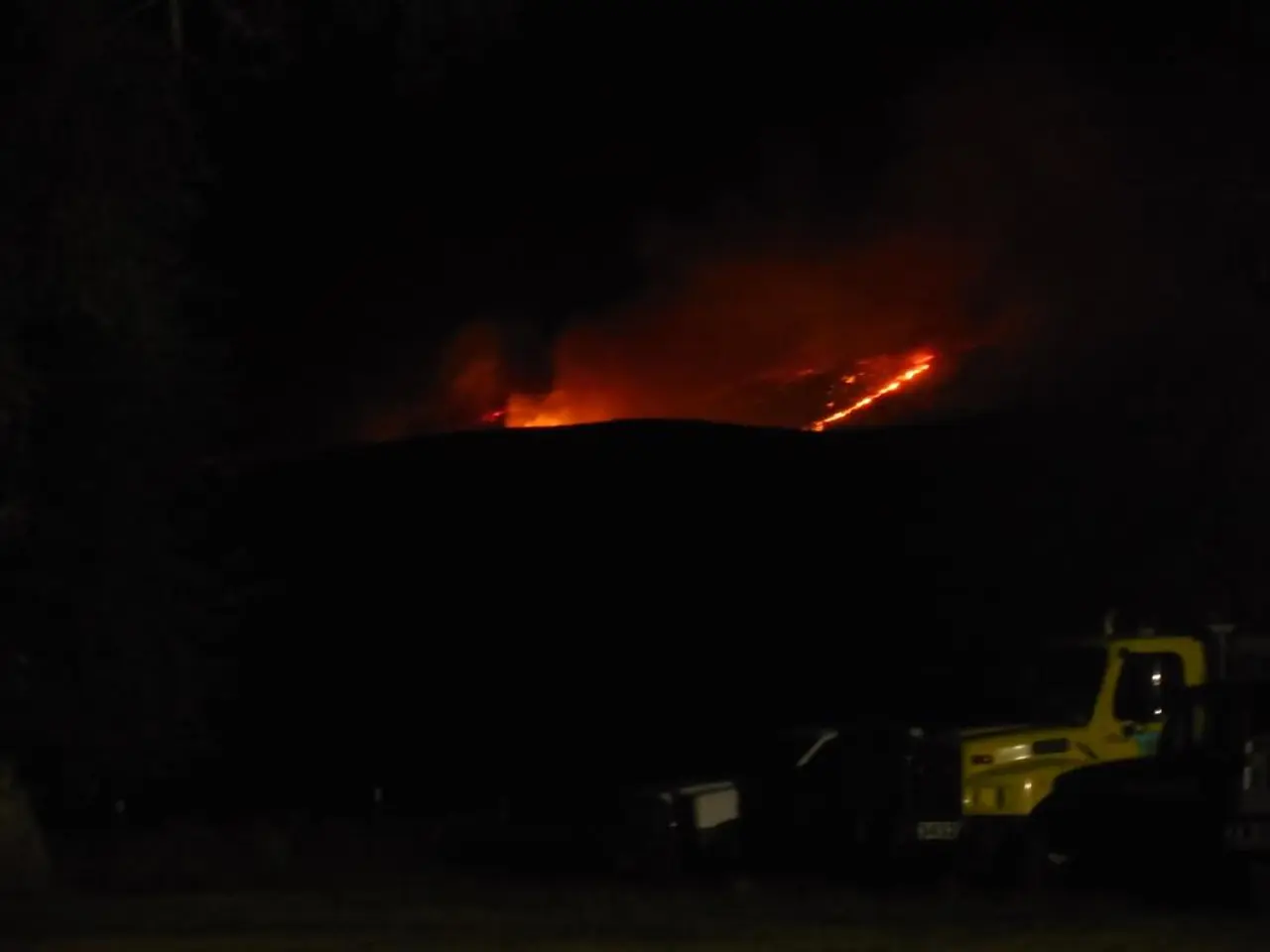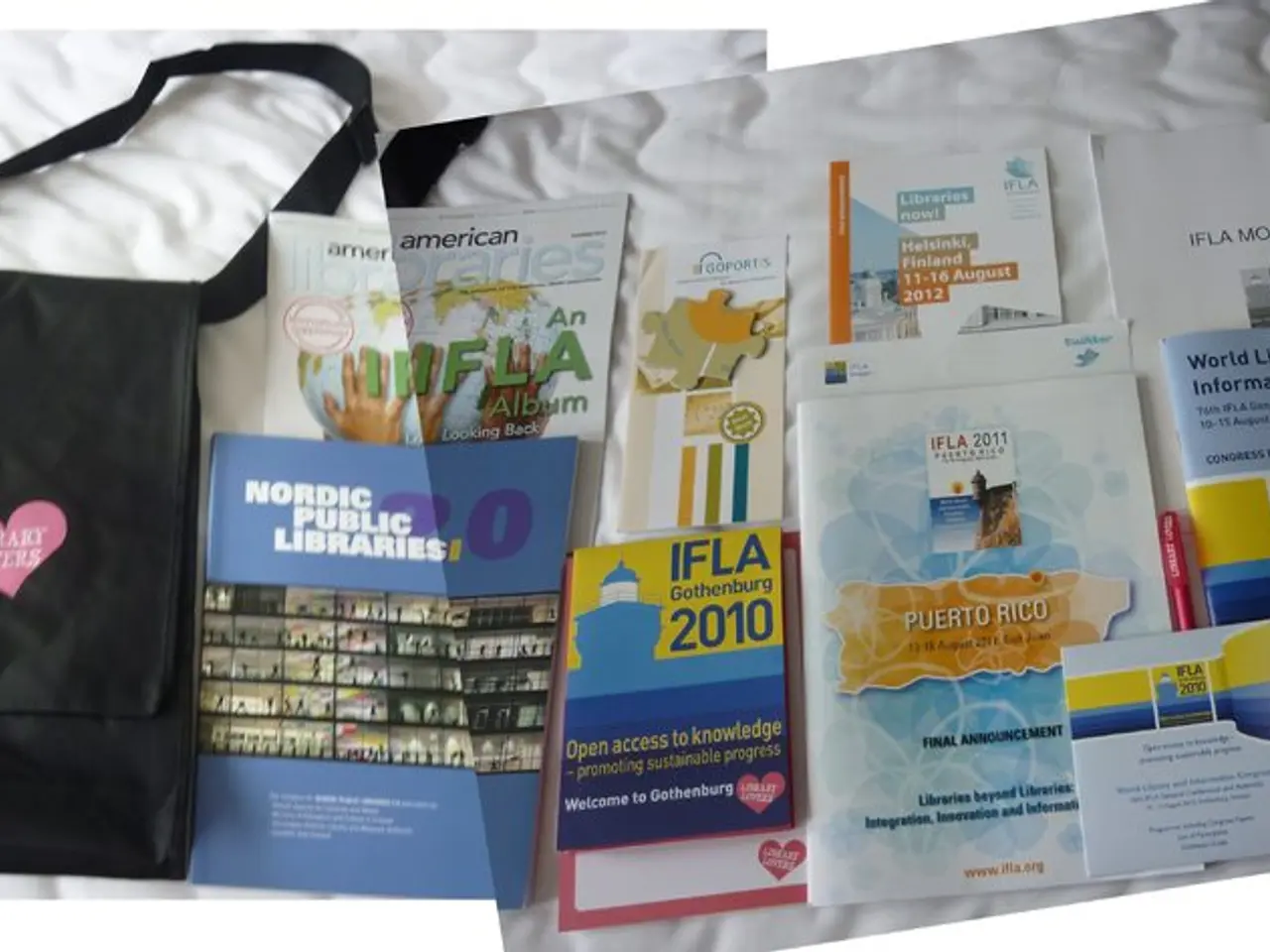US urgently demands immediate ceasefire in ongoing conflict between Cambodia and Thailand.
The ongoing conflict between Thailand and Cambodia at their shared border remains unresolved as of late July 2025, with a ceasefire coming into effect at midnight on July 28, 2025. The escalation of hostilities, which began in late May and intensified on July 24, has resulted in significant casualties and displacement of civilians on both sides.
Recent Developments
Clashes reignited on July 24, involving heavy artillery and even reported airstrikes by Thailand into Cambodian territory. Both countries blame each other for starting the fighting. Despite several attempts at dialogue, including meetings between the commanders-in-chief of their armies in May and a failed bilateral talk in early June, tensions escalated, with military reinforcements on the border and provocations reported, such as Cambodian civilians crossing into Thai territory and economic sanctions (fruit and soap import bans by Cambodia).
A ceasefire was brokered with the help of Malaysian and U.S. officials, partially thanks to U.S. President Donald Trump's leverage concerning trade deals.
Casualties and Human Impact
According to Thai reports, at least 6 soldiers and 13 civilians have died, with 14 soldiers and 32 civilians injured. Approximately 140,000 civilians were evacuated during combat. Cambodian official figures report 5 soldiers and 8 civilians killed, with 21 soldiers and over 50 civilians injured. The Ministry of National Defence indicated over 134,700 displaced individuals due to the conflict.
Martial law has been declared in Thai provinces near the border, and nationalist rhetoric has escalated on both sides.
International Response
Malaysia and the United States facilitated the ceasefire agreement. The International Court of Justice (ICJ) proceedings have been initiated by Cambodia as part of diplomatic efforts, as announced by Cambodian Prime Minister Hun Manet. The U.N. Security Council has convened urgent private meetings to address the clashes, indicating international concern and diplomatic engagement, though specific outcomes from these meetings were not detailed in the search results.
Underlying Issues
The conflict centers around long-standing territorial disputes along a poorly demarcated border, notably near the Preah Vihear Temple area, which remains a symbolic flashpoint for unresolved sovereignty issues. Nationalist politics, personal rivalries, and fragile governments in both countries contribute to the sustained tensions and complicate diplomatic solutions.
Summary
| Category | Details | |------------------------|-----------------------------------------------| | Status | Ceasefire effective since July 28, 2025; conflict ongoing until then | | Casualties (Thailand) | 6 soldiers, 13 civilians killed; 14 soldiers, 32 civilians injured | | Casualties (Cambodia) | 5 soldiers, 8 civilians killed; 21 soldiers, 50+ civilians injured | | Displacement | Approx. 140,000 (Thailand), 134,700+ (Cambodia) displaced | | Military Actions | Heavy artillery, cross-border shelling, Thai airstrikes | | Diplomatic Actions | ICJ proceedings initiated by Cambodia; ceasefire brokered by Malaysia/USA; Security Council urgent meeting held | | Political Context | Territorial sovereignty disputes, nationalist rhetoric, fragile governments |
The situation remains fragile with the risk of renewed violence, although official statements from both sides express a desire to avoid further escalation into full-scale war. The United States also calls for the protection of civilian populations. Clashes between Thai and Cambodian troops on the border began on July 24, and the decision to recall and expel ambassadors was likely in response to the escalating violence and the mine incident. There are reports of harm to civilians in the conflict. The U.S. is concerned about the escalation of violence at the border between Thailand and Cambodia.
- The escalating conflict between Thailand and Cambodia, particularly the clashes on July 24 involving heavy artillery and airstrikes, has prompted the United States to express concern about the escalation of violence at the border, urging for the protection of civilian populations.
- Despite a ceasefire in effect since July 28, 2025, the fragile nature of the peace leaves the situation precarious, with a risk of renewed violence due to underlying political tensions, nationalist rhetoric, and unresolved territorial disputes between the two countries.







